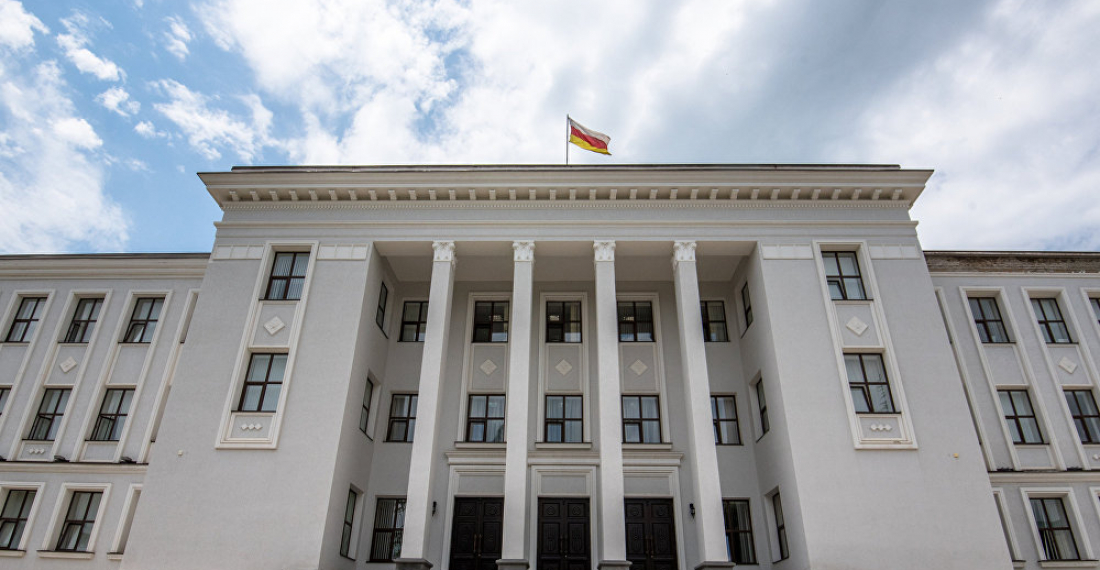Updated with reports of approval of budget by the territory's parliament despite lack of quorum
The leader of the self-declared Republic of South Ossetia has gone to Moscow amid a simmering political crisis in the territory, which seceded from Georgia.
According to official sources from the de facto government of the territory "in Moscow, Anatoly Bibilov has a number of meetings with Russian officials to discuss issues of socio-economic cooperation between the Republic of South Ossetia and the Russian Federation". The sources said the trip will last three days.
South Ossetia is currently gripped in a political crisis following the death in police detention of a young Ossetian, which sparked public protests and a boycott of parliament by some MPs. The boycott has prevented the parliament from passing this year's budget, creating further public discontent. Moscow sent a delegation from the Federation Council to try to break the impasse but to no avail.
read more: Trouble in Lilliput - South Ossetian politics in crisis
In the meantime on Tuesday (16 February) the territory's parliament approved the budget for 2021 despite the fact that there was no quorum.
Deputies from the pro government parties "United Ossetia" and "Unity of the People" voted for the adoption of the budget.
"The people elect deputies so that they defend the interests of the people, today we see a different picture. Non-adoption of the budget affects practically every resident of the republic, the budget must be adopted," Speaker Alan Tadtaev said at the beginning of the meeting. "In our actions, we are guided by the Constitution of the Republic of South Ossetia and the adopted norms of the Russian Federation, which say that the law is adopted by a majority vote of parliamentarians," said Vice Speaker Petr Gassiev.
According to him, such a decision was made, since the regulations of the South Ossetian parliament, which require a quorum (23 out of 34 deputies), are not formally valid, since they were never gazetted. The decision is likely to throw the territory in further political turmoil.






